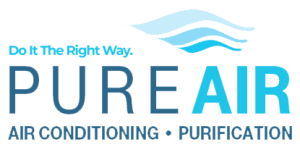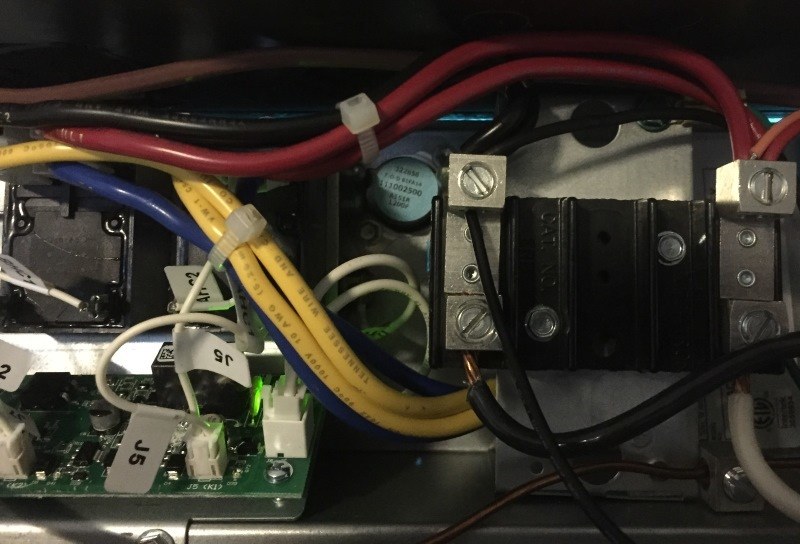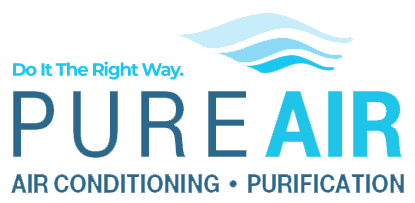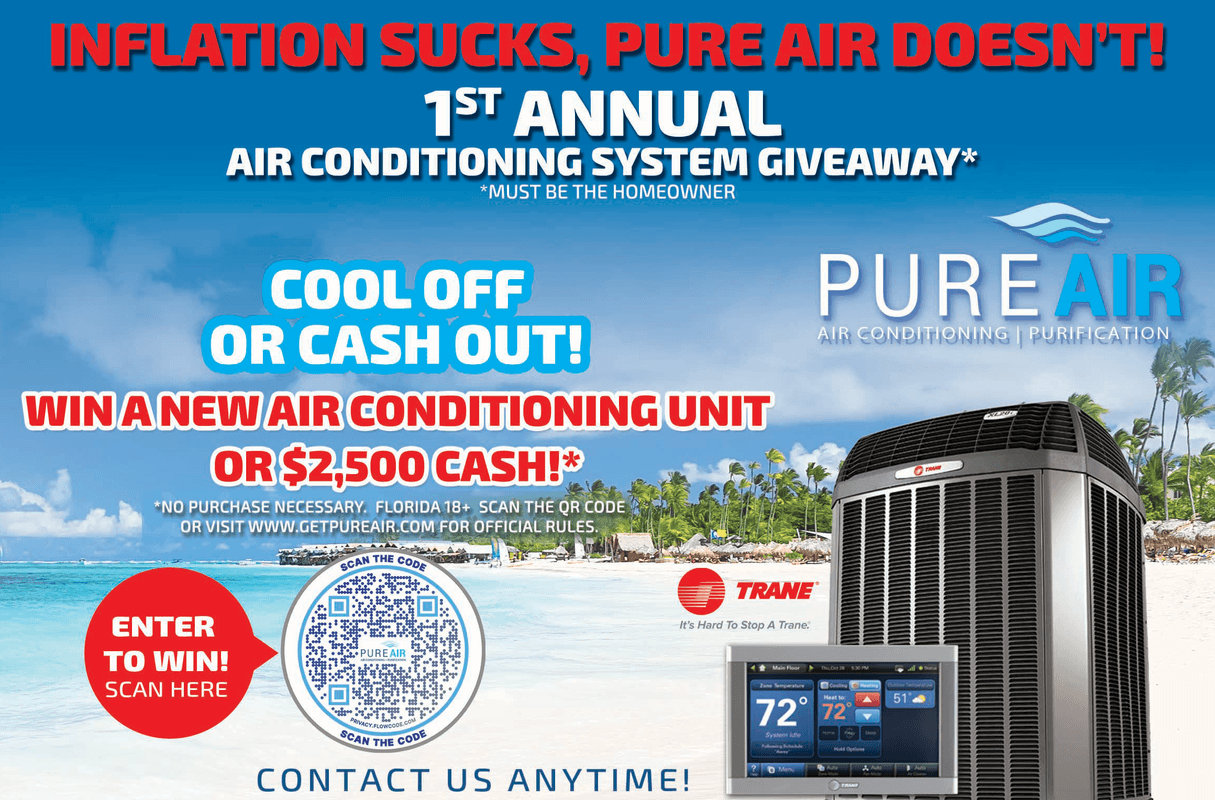Homeowners in the Naples area should consider having their HVAC units professionally inspected and cleaned since nature here is so hard on them. However, some of the maintenance that can be performed on an HVAC unit can be DIY. Measures such as:
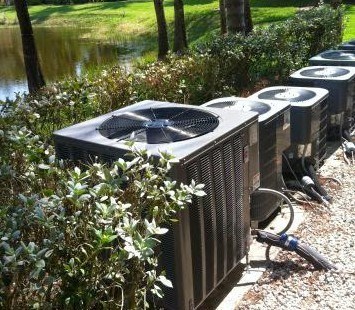
- Insuring that no plants or debris prevent smooth unobstructed airflow to and from the unit.
- Washing removable filters at least once a month while the unit is in use.
- Replacing disposable filters once a month while the unit is in use.
- Insuring that registers within the home are not blocked or covered.
- Purchasing a programmable thermostat that would allow you to set your optimal temperatures for daytime and nightly comfort.
- Having your ducts professionally cleaned and sealed.
Poorly maintained HVAC units can waste 15% – 30% of their energy which is literally money spent for nothing. Having a professional perform the maintenance that you are unable to complete is smart. In a regular check-up the professional will do the following as well:
- Clean the drain pan.
- Clean the internal fan blades.
- Clean the cooling coil.
- Clean the indoor and outdoor units.
Depending on where you live the amount that you use your HVAC has a great deal to do with how long it lasts and how much maintenance the unit requires. Common sense should tell you that if you are running your unit 12 hours a day every day it won’t last as long as a unit that may only be used a few months of the year. Similarly, the steps that you should take to maintain your unit are dependent upon how frequently and vigorously the unit is used.
HVAC units are built to last about 12 – 15 years with proper maintenance in SWFL. That doesn’t mean they always will, but it’s a good bet that if your unit is only a few years old it is probably running quite efficiently and will continue to do so if you take care of it.
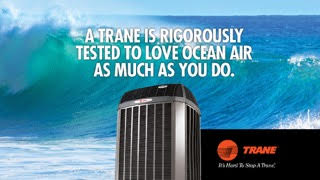 Newer HVAC units, that is ones that have been built within the last few years can be significantly more efficient that older models. Many experts quote values of at least 40% efficiency gains when an older unit is replaced by a newer one, or possibly replacing an external piece such as the compressor, may be enough to significantly improve the efficiency of your unit. This will also increase both your comfort and financial savings – not to mention energy savings as well. Look for units that have an Energy Star Rating® and a Seasonal Energy Efficiency Rating® (SEER) of at least 13, although the higher the rating the better.
Newer HVAC units, that is ones that have been built within the last few years can be significantly more efficient that older models. Many experts quote values of at least 40% efficiency gains when an older unit is replaced by a newer one, or possibly replacing an external piece such as the compressor, may be enough to significantly improve the efficiency of your unit. This will also increase both your comfort and financial savings – not to mention energy savings as well. Look for units that have an Energy Star Rating® and a Seasonal Energy Efficiency Rating® (SEER) of at least 13, although the higher the rating the better.
